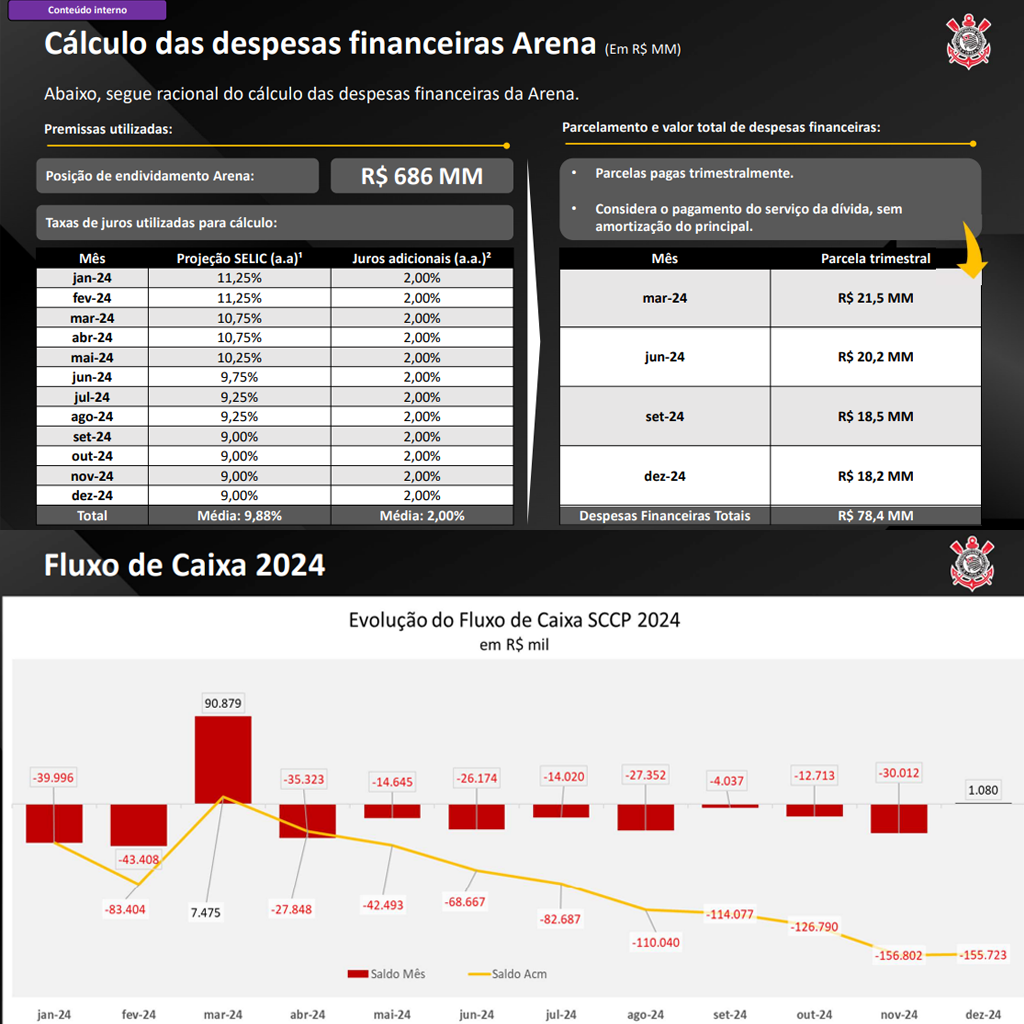
7 Powerful Tips to Organize Your Personal Finances
The first step towards investing is to get your finances in order so you can clearly see your economic situation and how it fits with your lifestyle. Let’s learn how to start this transformation!
Many people delay financial organization or only worry about it when they are already in debt. However, a family with their finances in check, even without being wealthy, can achieve their goals much faster and avoid a lot of headaches.
Although it may seem complicated, with a bit of planning, discipline, and taking one step at a time, it is entirely possible to achieve the financial security you desire and realize your dreams.
If you’re ready to take the first step in getting your money in order, check out these seven tips that will help you manage your finances in a practical way and prepare for a more secure future.
Save this guide and start today!
- Understand Your Current Financial Situation The first step in organizing your finances is to thoroughly understand your current financial situation. This will be your starting point.
This includes:
- Calculating your monthly income.
- Listing your fixed and variable expenses – how much you spend on each one.
- Identifying your debts and financial commitments.
- Seeing if there is any money left over each month to start saving.
- Creating a detailed budget will help you visualize where your money is going and where you can make cuts.
- Set Clear Financial Goals Having financial goals is crucial to guide your actions and maintain focus. What do you want to achieve? Building an emergency fund? Ensuring a comfortable retirement? Buying your dream home? It’s essential to have this in mind so you don’t lose focus along the way.
When you set clear objectives, you create a purpose that motivates your daily spending and investment decisions.
- Create a Realistic Budget In theory, we can plan everything, but in practice, things can be different, right?
Based on your financial analysis and the goals you’ve set, create a budget that works in practice and that you can adjust as needed.
Divide your expenses into categories, such as housing, transportation, food, entertainment, and allocate a specific amount to each.
Regularly review your spending to ensure you stay within your budget.
Also Read:
- Pay Off High-Interest Debts Credit card debts and loans with very high interest rates can significantly hinder your financial progress.
If you’re in this situation, the first step should be to prioritize paying off these debts as quickly as possible, starting with those that have the highest interest rates.
Consider consolidating your debts or negotiating better terms with creditors to alleviate your financial burden. During this time, avoid making new purchases on credit to prevent worsening the problem.
- Build an Emergency Fund Having an emergency fund is crucial for dealing with unexpected events, such as medical expenses, urgent repairs, or even job loss.
Experts recommend having three to six months’ worth of basic expenses saved in a separate, easily accessible account. Start by saving a little each month until you reach your financial safety net goal.
- Invest for the Future In addition to saving, it is important to invest your money wisely to achieve long-term goals, such as purchasing a property.
Explore various investment options according to your risk profile, such as stocks, real estate investment trusts (REITs), or government bonds. Consulting with a financial advisor can help you build an investment portfolio that aligns with your needs.
- Save for Your Property Purchase Saving money to buy a property requires planning and determination. Start by defining what type of property you want, whether residential or commercial, and estimate how much you will need.
Then, create a savings plan that includes setting aside a portion of your salary each month, and consider additional ways to earn money, such as investments or freelance work.
Don’t forget to research the real estate market to understand price trends and the best areas to buy. Evaluate financing options and be ready to negotiate favorable terms for you.
Organizing your personal finances is a journey that requires commitment and ongoing learning about money. By following these seven tips, you will be on the right track to achieving financial independence and realizing your dreams, such as purchasing your dream home. Don’t wait any longer! Start transforming your financial life today!
Also Read:
• Moving in Together? Check Out These 8 Tips for Managing Money as a Couple
Share this content:
James Davis
Your ideas and insights are unique and thought-provoking I appreciate how you challenge your readers to see things from a different perspective
Zhi Zhu
Your blog post had me hooked from the first sentence.





















2 comments